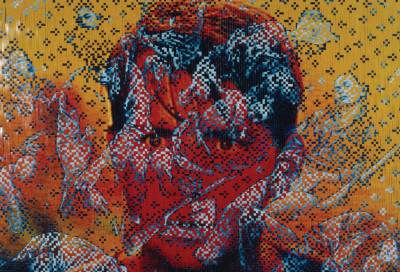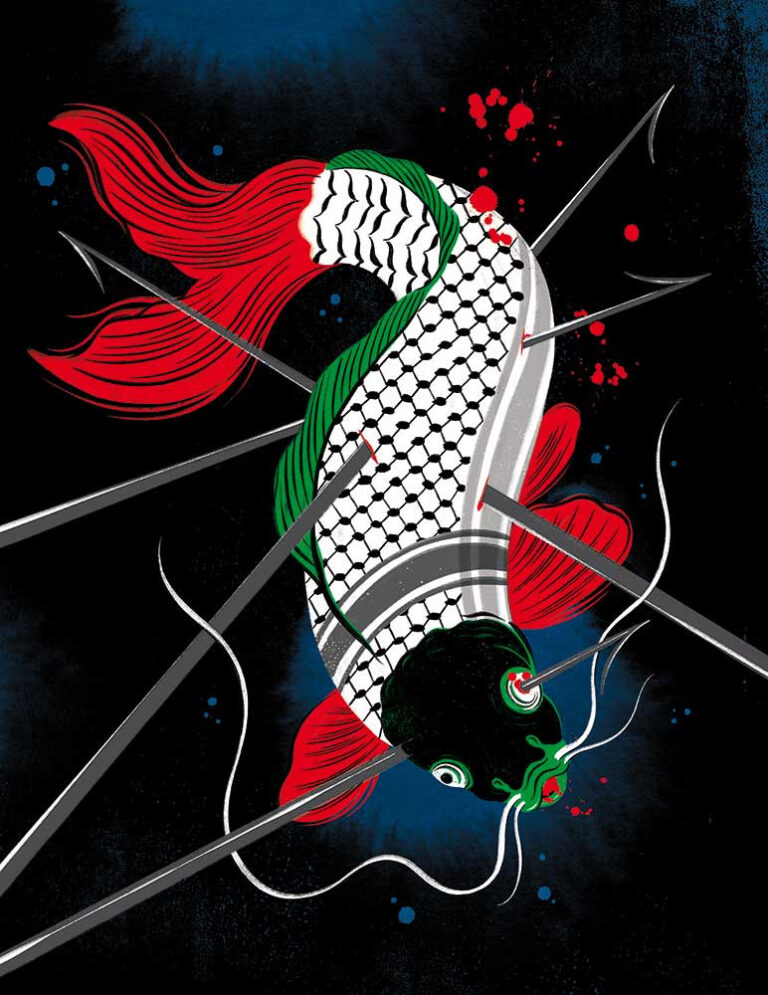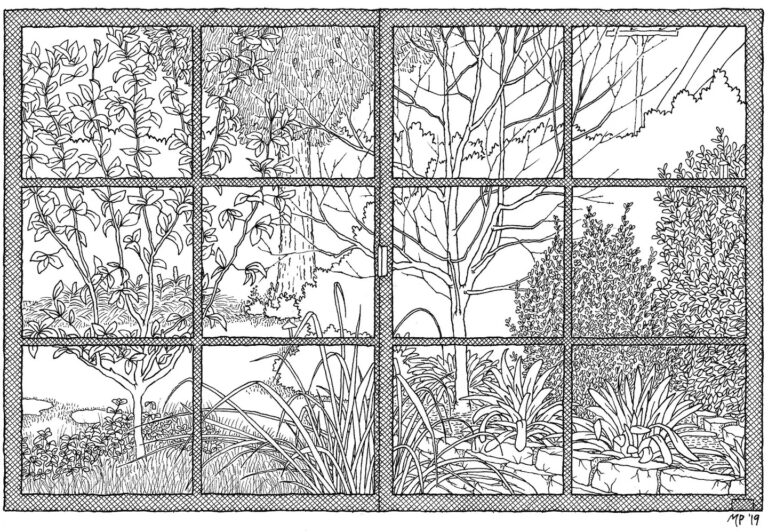Published in conjunction with the exhibition originated by Bellevue Arts Museum, A Tapestry of Memories: The Art of Dinh Q. Lê is a fully illustrated, 88-page color catalog featuring twenty-four pieces from the first major survey on the photographic and conceptual work of American-Vietnamese artist Dinh Q. Lê. It includes Viet’s “Impossible to Forget, Difficult to Remember: Vietnam and the Art of Dinh Q. Lê,” pages 19 – 28.
On Secondhand and Other Kinds of Memory
The Vietnam War has burned itself into Dinh Q. Lê, as it has upon so many of his generation and the one that came before. Even those born too young to remember what the Vietnamese call the American War might have what Marianne Hirsch calls a “postmemory,” a recollection passed along from someone else. I like to think of this kind of remembrance as secondhand memory. Since many of the things that refugees owned in the early years of our American life were secondhand, it is only fitting that some of our memories may have been used by others as well. Sometimes these memories are intimate legacies bequeathed to us by our families and friends; other times they are the equally intimate fantasies dreamed by Hollywood. The archetype for this kind of daydream is Apocalypse Now, one of our modern-day Grimm’s fairy tales, in which napalm lights Vietnam’s dark forest. Many Americans remember Vietnam from watching movies like Apocalypse Now. For having paid the price of a movie ticket, they, too, can say, as Michael Herr famously did, “Vietnam, we’ve all been there.”
But is Herr’s claim still true? Perhaps we should paraphrase Herr for today’s Americans, as “Vietnam, been there, done that.” The Vietnam War has become part of the visual wallpaper decorating many American minds; it no longer burns. But for overseas Vietnamese the war is still vivid, a magnesium flare floating in their American night. Their sense that the war may be forgotten, or narrated differently than the way they remember, frustrates them. Lê speaks eloquently of this frustration when he discusses his series From Vietnam to Hollywood, which
is drawn from the merging of my personal memories, media-influenced memories, and Hollywood-fabricated memories to create a surreal landscape memory that is neither fact nor fiction. At the same time I want the series to talk about the struggle for control of meaning and memories of the Vietnam War between these three different sources of memories. . . . Hollywood and the U.S. media are constantly trying to displace and destroy our memories about the Vietnam War to replace it with their versions.
To read the rest of the article, please download the PDF. It is available in both high and low resolution.



